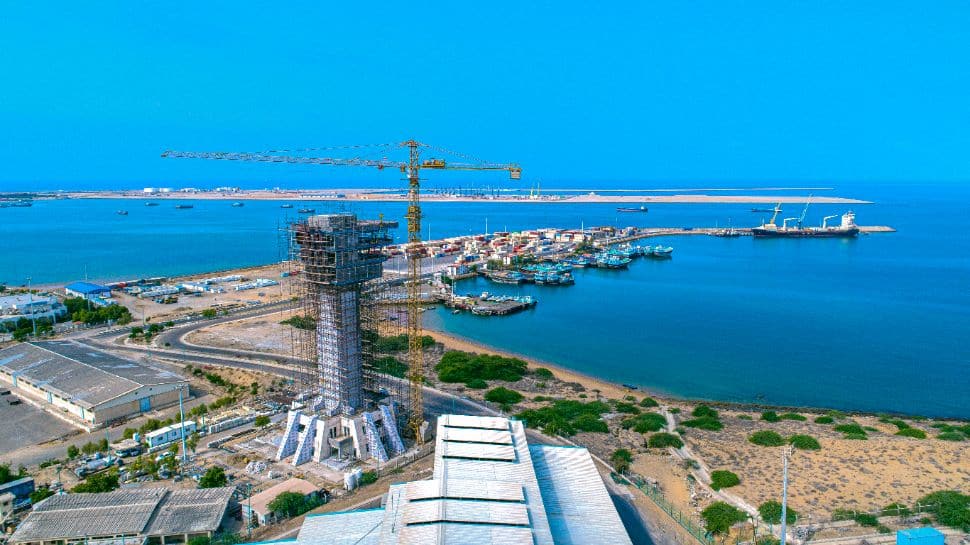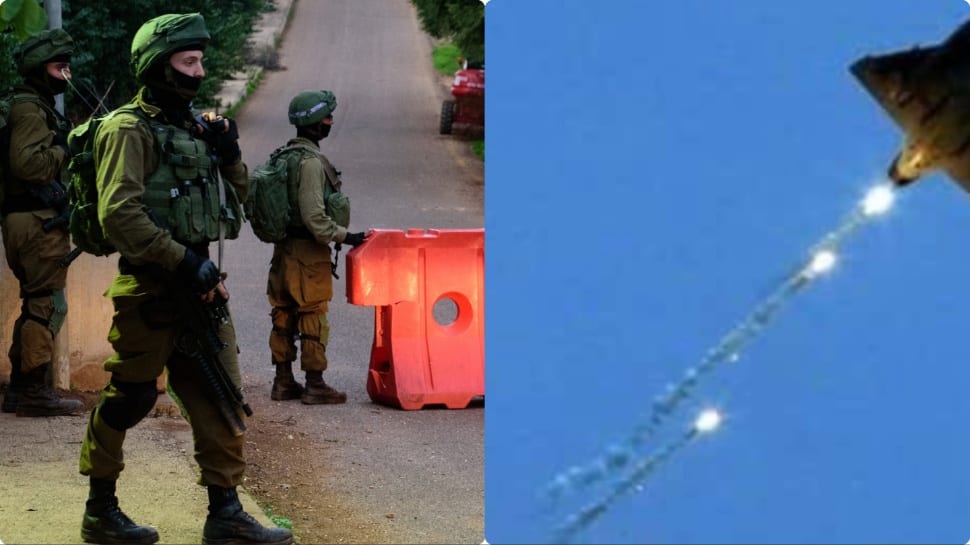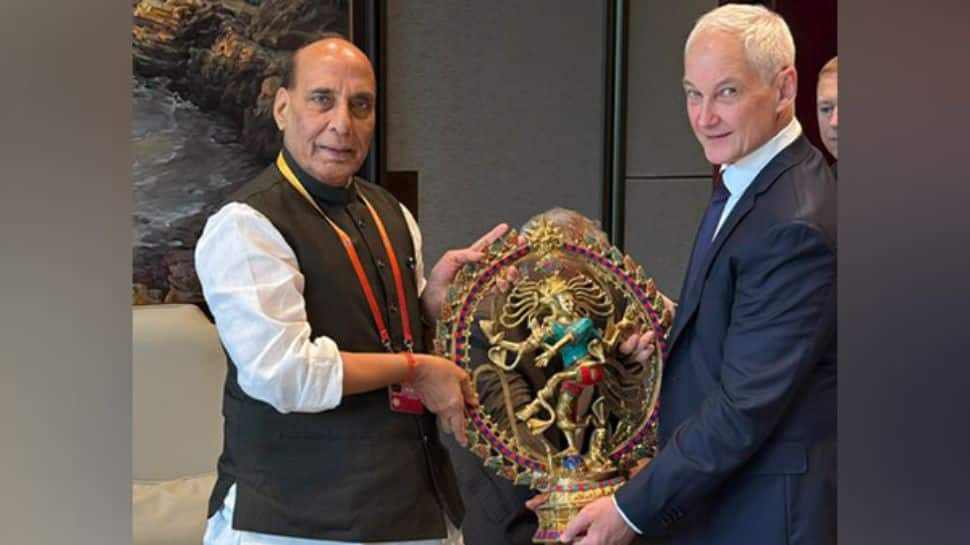How Ceasefire Between Iran And Israel Saved India’s Rs 47,000 Crore Bet And Cornered Pakistan | World News

New Delhi: Guns falling silent in West Asia brought more than a diplomatic relief for India. It saved a critical investment – Rs 47,16,53,21,335 to be exact. That is the amount New Delhi has poured into Iran’s Chabahar Port and related trade corridors. When missiles flew between Iran and Israel, that money stood at the edge of a cliff. Now, it is back on solid ground.
The ceasefire could not have come at a better time. Not just for regional peace, but for India’s long game. Chabahar is not merely a port. It is a strategic lifeline. It links India to Afghanistan, Central Asia and even Russia. It is a direct counter to China’s Belt and Road, and a way to bypass Pakistan completely.
India’s Stakes Were Massive
India’s involvement in Chabahar has grown steadily. A direct investment of $85 million. A credit line of $150 million through EXIM Bank. Another $400 million promised for the railway to Zahedan. Together, nearly $550 million or over Rs 47,000 crore.
The 2024 deal to operate the Shahid Beheshti Terminal for 10 years was a landmark moment. India Ports Global Limited (IPGL), a joint venture between JNPT and Deendayal Port, manages the terminal in partnership with Iran’s Arya Banader.
Big Indian companies like Adani and Essar have also expressed interest. That shows how serious India is about locking down Chabahar.
Chabahar – Safe, For Now
During the war, fears mounted that Chabahar could become a casualty. India worried that a direct hit could undo years of planning and investment. And if the United States stepped up pressure on Iran, sanctions might have shut down operations altogether.
But Chabahar came through unscathed. No Israeli bombs. No damage. For India, that is a diplomatic jackpot. The port remains intact. The International North-South Transport Corridor (INSTC) remains alive. Regional trade plans remain on track.
Pakistan’s Plan Derailed Again
For decades, Afghanistan leaned on Pakistan’s Karachi Port for sea access. But today’s Taliban-led Kabul is searching for options. Chabahar fits that need. It offers a direct connection to sea routes via Iran.
With Iran calm, Afghanistan is exploring closer ties to the INSTC as well. That could reduce its dependence on Pakistan even further. If Central Asian countries support the INSTC, Pakistan’s grip on regional trade could weaken fast.
Had the war dragged on, Pakistan might have regained influence. But now, that door seems to be closing.
India’s Window of Opportunity
India and Iran have been talking frequently. At the 19th Foreign Office Consultations in January 2025, both sides reaffirmed their commitment to expanding Chabahar and the INSTC.
Challenges remain. Western sanctions could return. Any future flare-up in the Gulf could disrupt trade again. But for now, diplomacy has bought time.
India gains on two fronts – its investment in Chabahar is safe and Pakistan’s role in regional trade continues to shrink. This could be India’s moment to boost its presence in Central Asia, deepen trade ties and cement its role as a regional power broker.






